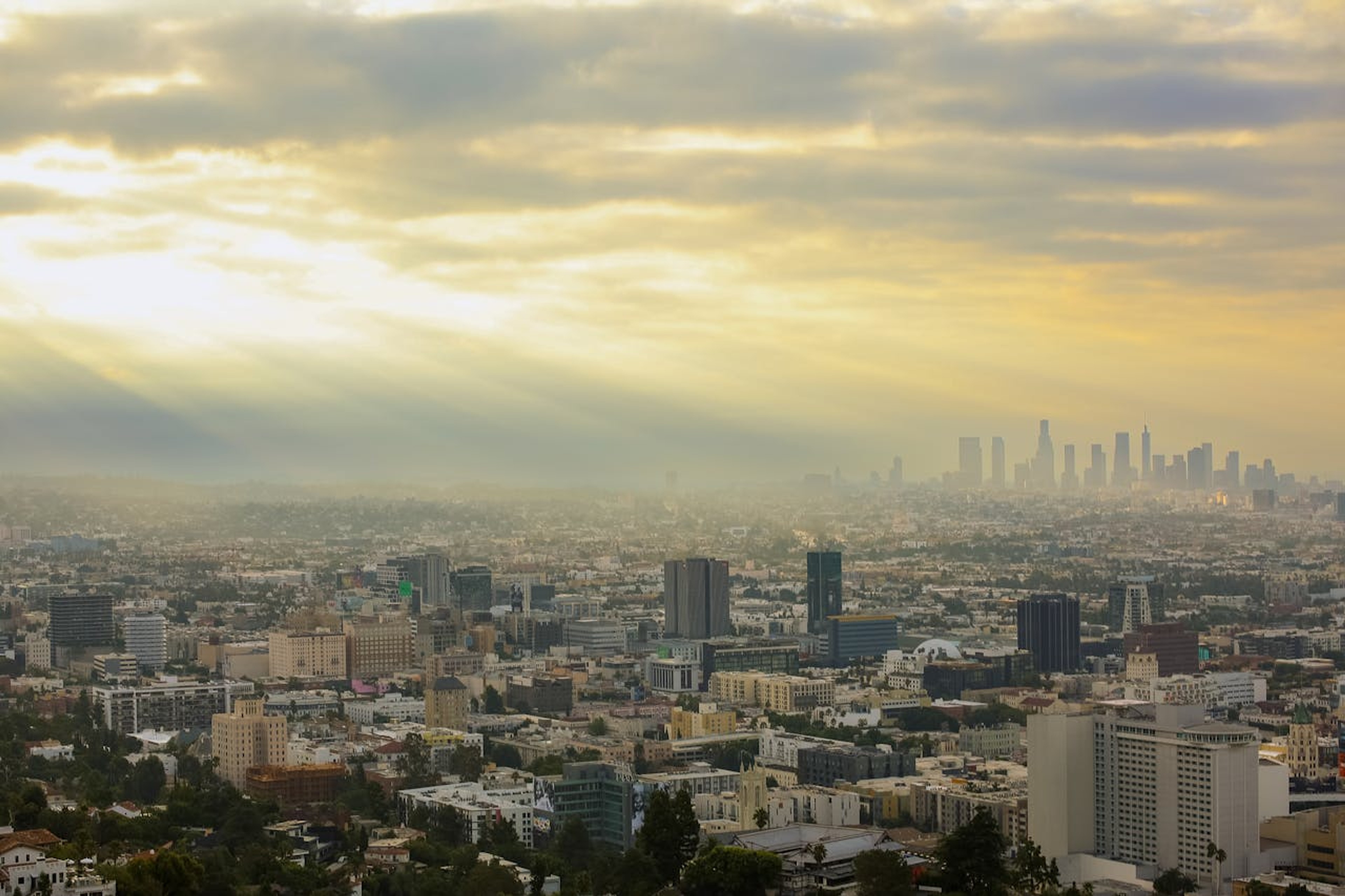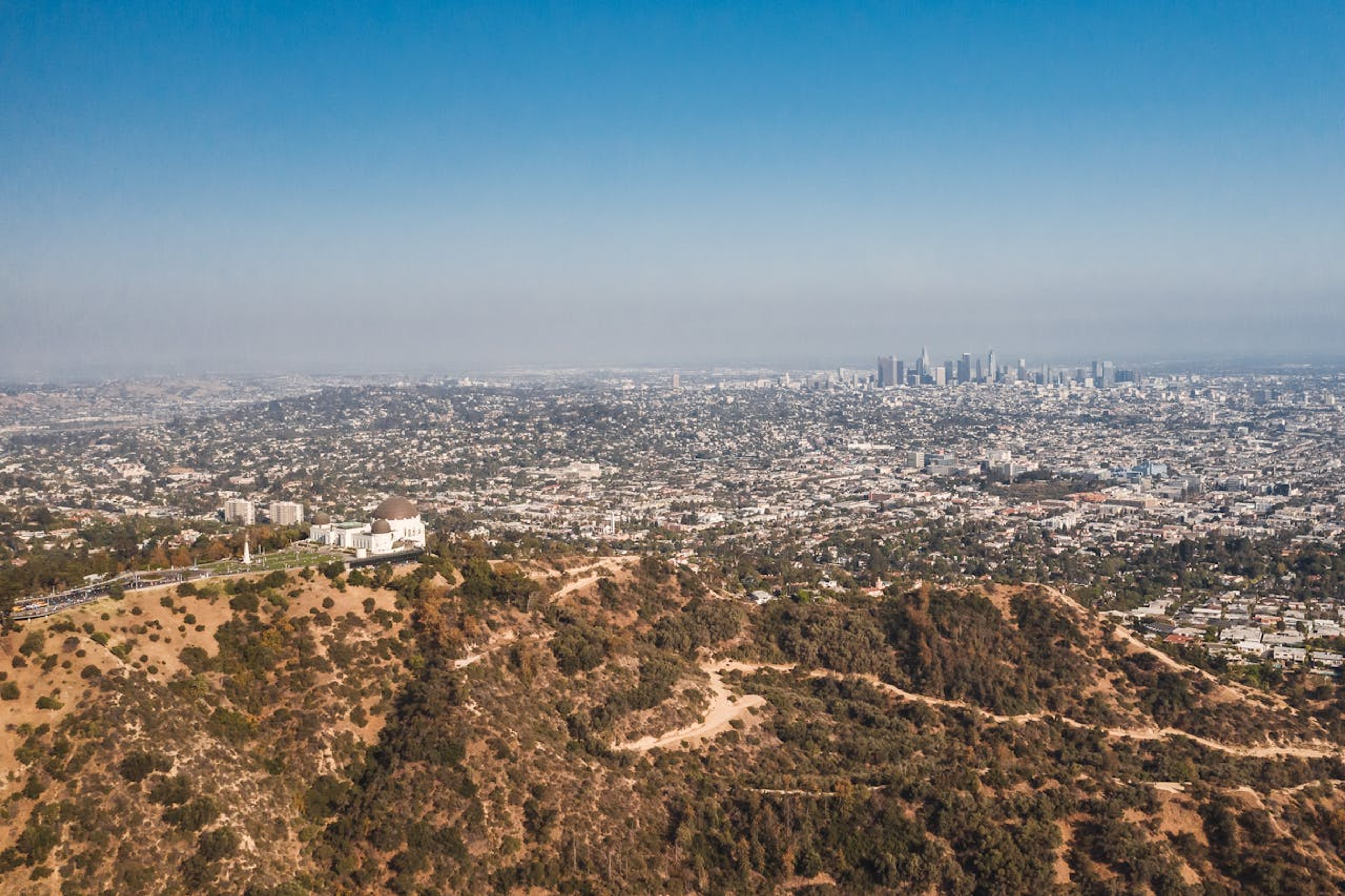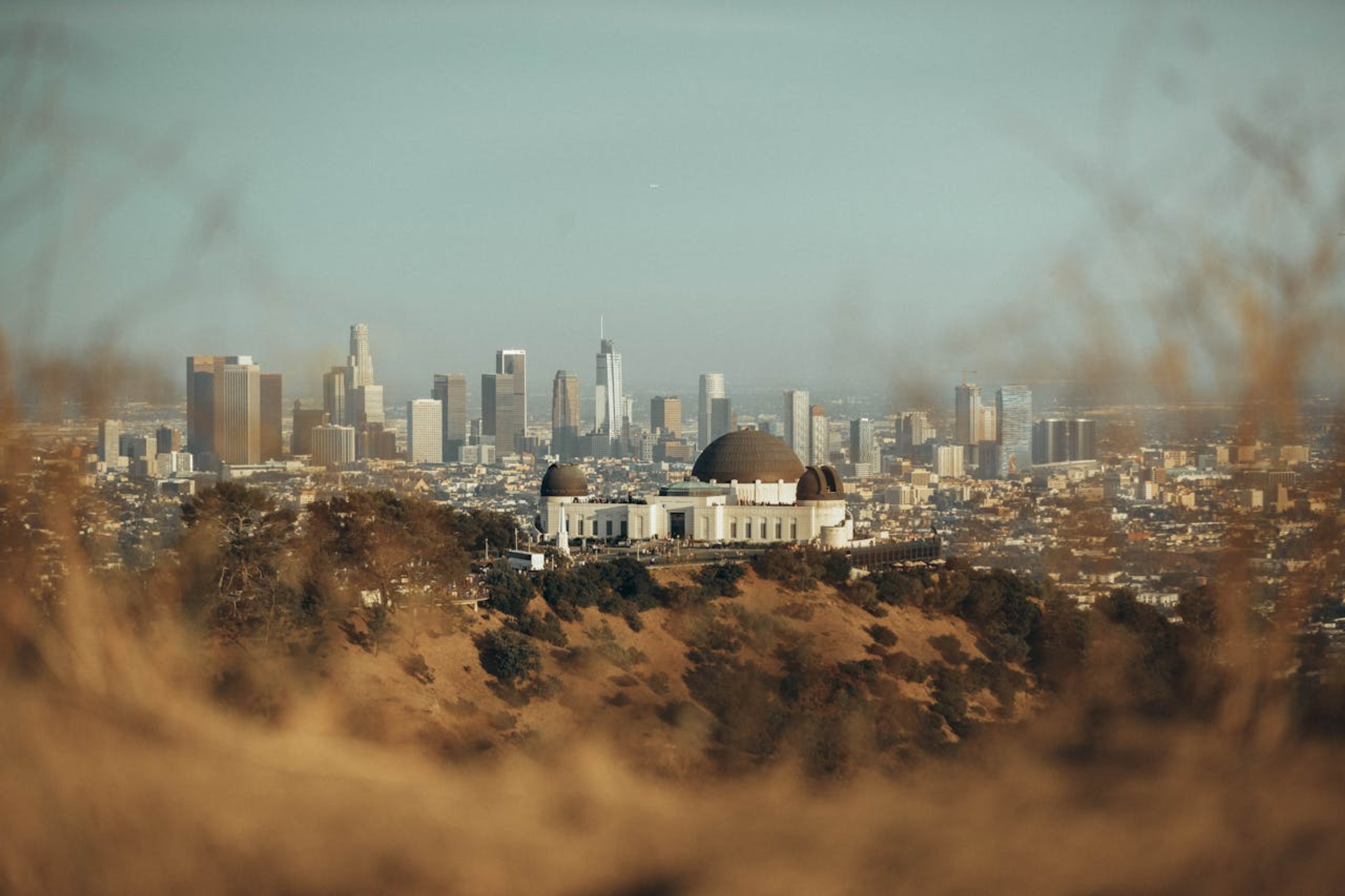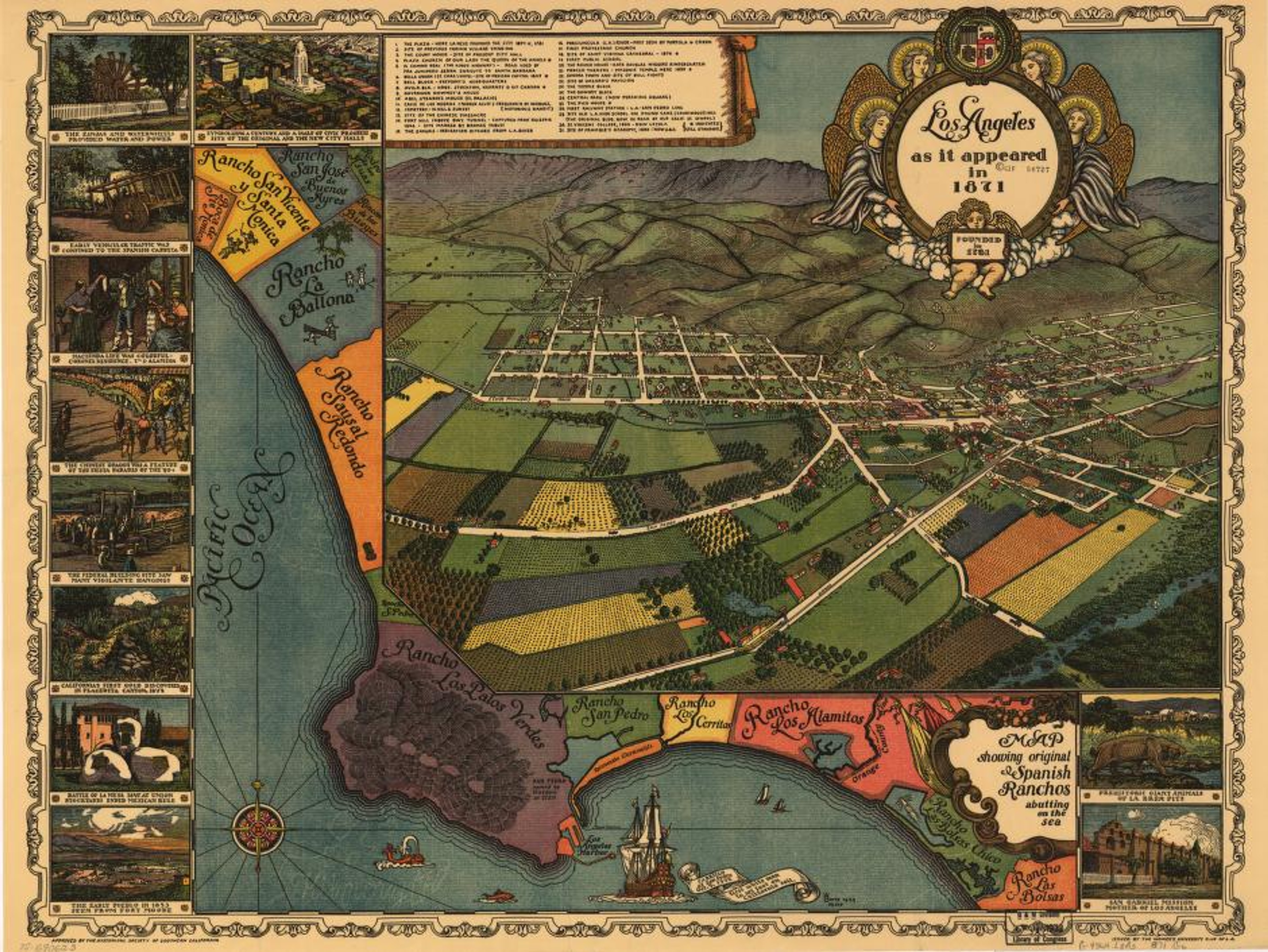Berggruen Institute Concentration: The LA Wildfires

The January firestorms that ravaged Los Angeles were more than a particularly dire instance of regularly recurring disaster. Seen properly, they were a wake-up call to address deeper challenges at the intersection of climate change, governance, and urban life. This collection of articles by various members of the Berggruen Institute staff offers diverse perspectives on the fires, each rooted in the Institute’s commitment to developing new ideas capable of influencing policy and driving actionable change. From rethinking our relationship with the natural world to exploring new governance frameworks for improving resilience and preparedness, these ideas push beyond analysis toward solutions.
As an institute headquartered in Los Angeles, with a community deeply embedded in this city, we see these fires not as distant crises but as urgent realities shaping the future we must build—starting now.

"L.A. can lean on other cities to prevent fires, not just to fight them"
Los Angeles Times
Jonathan S. Blake and Joe Mathews, Berggruen Institute Fellow, argue that while Los Angeles benefited from international firefighting aid, the city must prioritize prevention as much as response. They advocate for global city networks to share strategies like AI-driven fire prediction and stricter building regulations, positioning L.A. as a leader in wildfire resilience

L.A. Blowin’ in the Wind
Noema Magazine
Nathan Gardels, Co-Founder and Editor-In-Chief of Noema Magazine, examines how climate change and urban development have intensified the recent devastating wildfires in Los Angeles. He highlights the role of “hydroclimate whiplash,” where alternating periods of heavy rainfall and drought create conditions ripe for wildfires, urging a reevaluation of land-use policies to mitigate future disasters.

"The most meaningful reform LA County can make"
CalMatters
Nils Gilman, Chief Operating Officer; Executive Vice President of Programs; Deputy Editor of Noema Magazine, argues that Los Angeles County’s fragmented governance structure hinders effective responses to regional challenges like wildfires. He advocates for consolidating authority within an expanded Board of Supervisors, led by a directly elected executive, to improve coordination and address issues exacerbated by climate change.

"The California Fires Aren't Unbelievable. We Are"
Zocalo Public Square
Berggruen Institute Fellow, Joe Mathews, reflects on the devastation of the recent fires in Altadena, linking personal loss to broader themes of California’s history and identity. He suggests that such disasters force Californians to confront the realities of living in a state where dreams and nightmares coexist, prompting a deeper understanding of community and resilience.

"How could LA have not be ready for an epic fire?"
The Desert Sun
Berggruen Institute Fellow, Joe Mathews, critiques L.A.’s failure to plan for predictable disasters, pointing to outdated infrastructure, lack of city planning, and political corruption as key factors. He argues that without major structural reform, Los Angeles will remain vulnerable to catastrophic events.